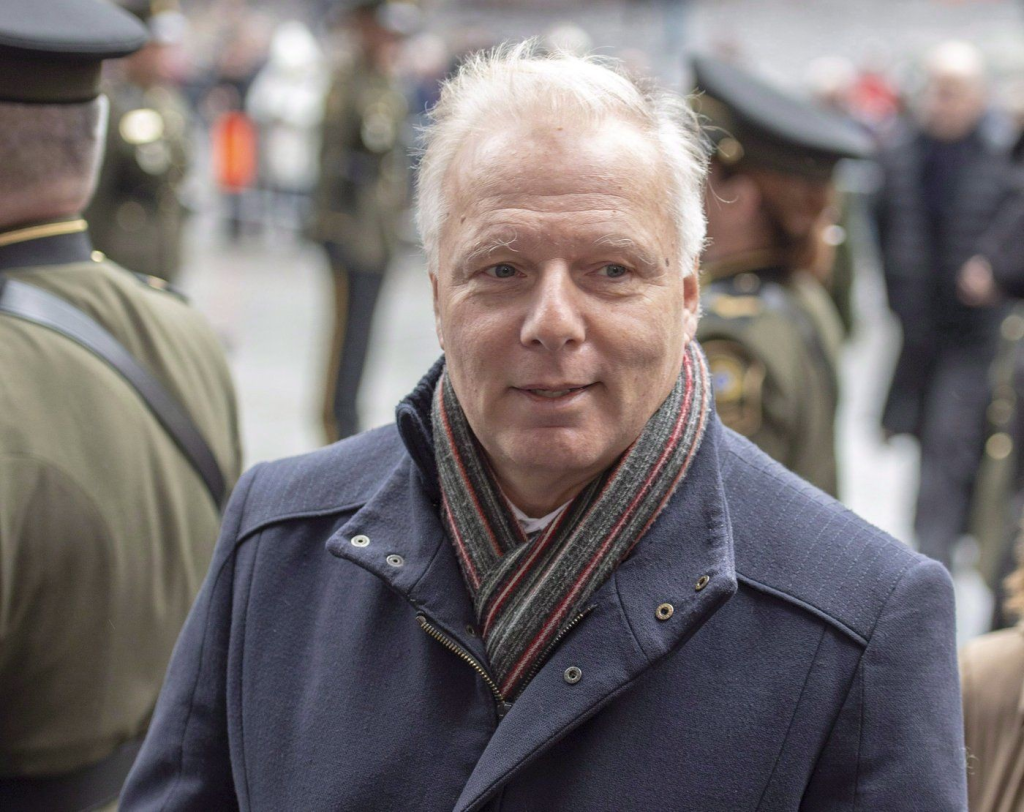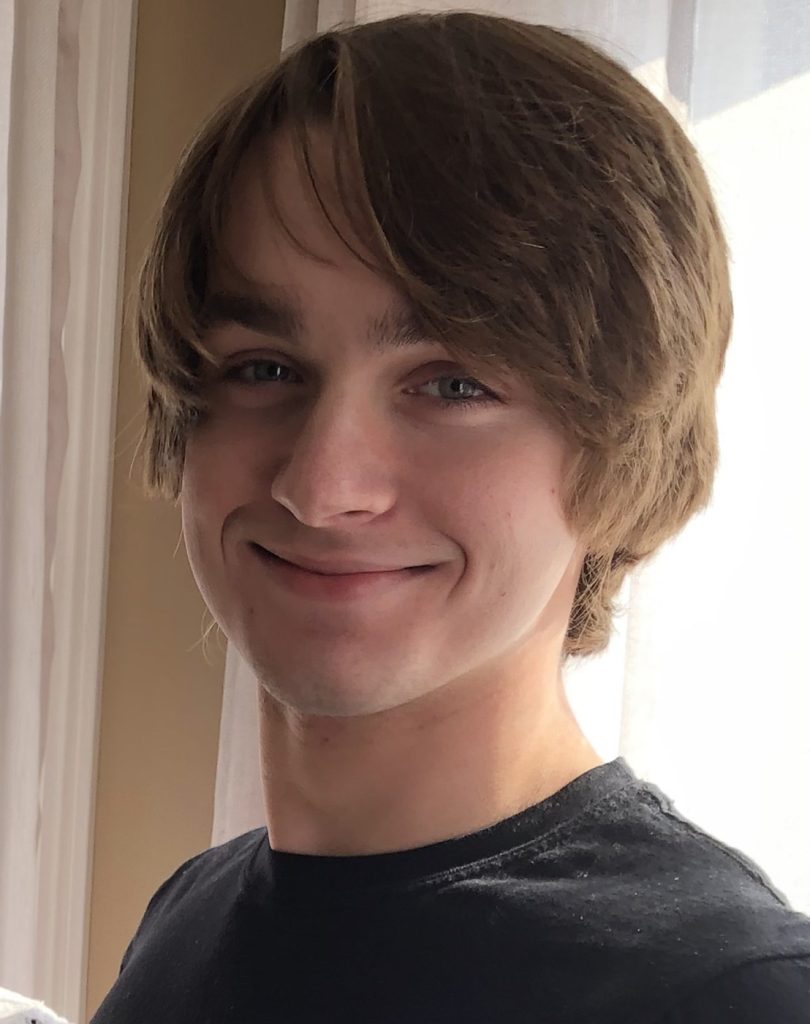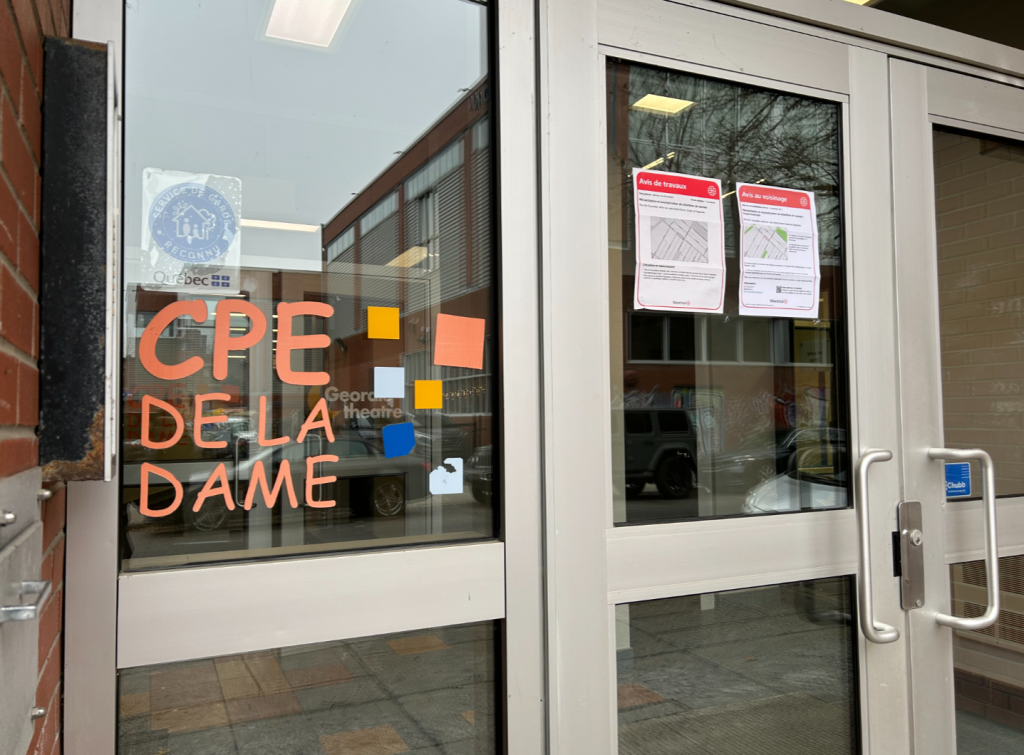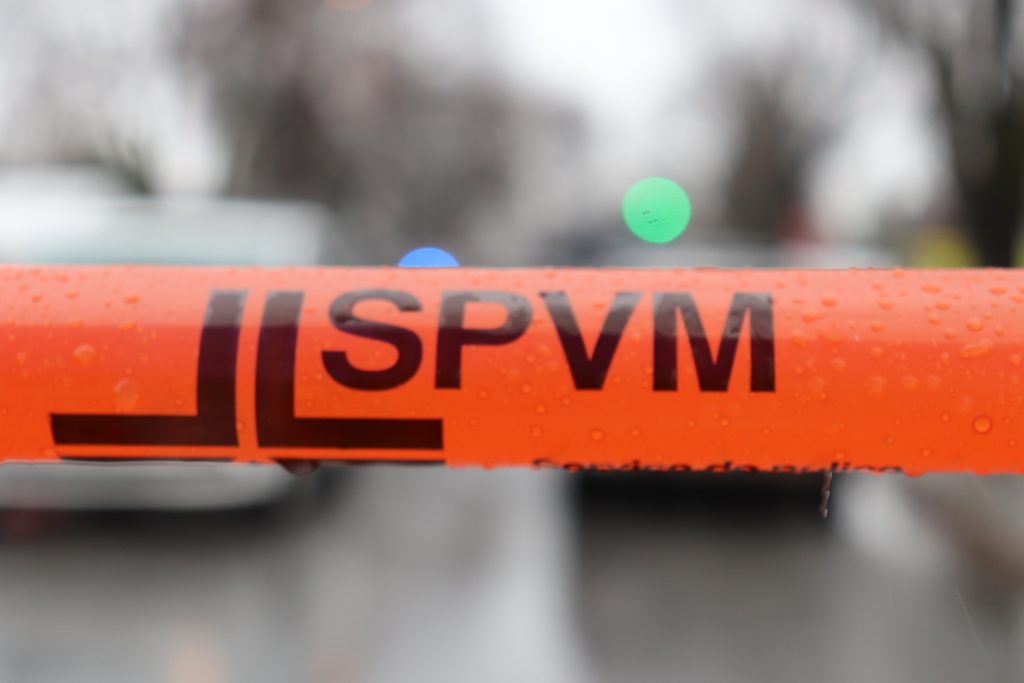In his book, Lisée reveals secrets about Trudeau and Lévesque

Posted April 6, 2025 1:54 pm.
When they were young, Pierre Elliott Trudeau twice avoided conscription and René Lévesque was convinced that Quebec had no future.
This is what former Parti Québécois leader and columnist Jean-François Lisée reveals in his book, to be published on Tuesday, entitled Lévesque/Trudeau: Leur jeunesse, notre histoire.
It looks at the intersecting destinies of these two political giants, who were friends and then adversaries, clashing during the October Crisis, the 1980 referendum and the patriation of the Constitution.
Pierre Elliott Trudeau was 20 years old when the Second World War broke out. In May 1944, Judge Léon Lajoie allowed him to stop his military training to study Spanish at the University of Mexico.
On his return in September, however, young Trudeau was ordered to join a unit, which he did not want to do, as he wished to pursue studies beyond law, at Harvard.
Once again, Léon Lajoie of the Mobilization Commission for the Montreal area granted him a reprieve, but not for the usual reasons of “industry” and “conscientious objection.”
The story does not say whether the two men knew each other personally.
Lisée tells us that Judge Lajoie was, however, close to a teacher who became the rector of Collège Jean-de-Brébeuf, Pierre Trudeau’s alma mater, and who excelled at school.
He avoided conscription for a second time in April 1945, when he asked Judge Lajoie for a few extra months to complete his studies at Harvard. He was granted a reprieve.
It was all perfectly legal, but Pierre Trudeau never breathed a word about it, because it would have been “politically damaging for him,” Lisée pointed out in an interview with La Presse Canadienne.
“It was a time when the question was asked: ‘What did you do during the war, sir?’ (…) It could have hurt him in his race for leadership, then when he was elected.”
For his part, René Lévesque, the former premier of Quebec who triggered a referendum on independence in 1980, was rather defeatist when he was young, Lisée found.
In the late 1940s, Lévesque was convinced that Quebec had no future and that Montreal would be transformed before his eyes into an English-speaking, American city.
He wrote: “Despite the traditions and the rhetoric, despite the fleurs de lys and the nostalgia (all academic) for the Ancien Régime, we are Americans. We think, we feel, we live as Americans.”
“Montreal, the second French city in the universe, will soon be falling asleep on a Simmons mattress, (…) after having laid out Toastmaster, Peanut Butter and Pineapple Cheese for breakfast.”
Nor is he kind to Quebecers, who display a “heaviness of mind and language, a serene and comfortable affection for commonplaces and self-righteous platitudes,” according to him.
What is revealed in this book is the extent of René Lévesque’s pessimism, who declared in “Le Clairon” in Saint-Hyacinthe that Quebec had “no tomorrow,” explained Lisée in an interview.
“His conversion to nationalism and independence is all the more remarkable because he started from a position of no hope for his nation,” he said.
“Lévesque/Trudeau: Leur jeunesse, notre histoire” is the first part of a triptych that will also include “Leur ascension, notre histoire” and “Leur affrontement, notre histoire.”
–This report by La Presse Canadienne was translated by CityNews








